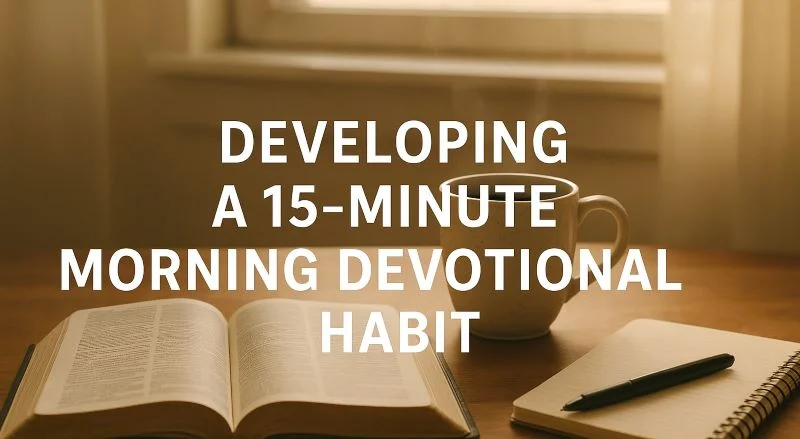Christian Self-Care Tips: Caring for Yourself the Biblical Way
I’ll be honest, I used to think self-care was just bubble baths, spa days, and maybe sneaking in a piece of chocolate when no one was looking. (Okay, maybe several pieces. Don’t judge. 😅) But as a busy mom, blogger, and ministry helper, I learned the hard way that running nonstop without caring for myself … Read more










